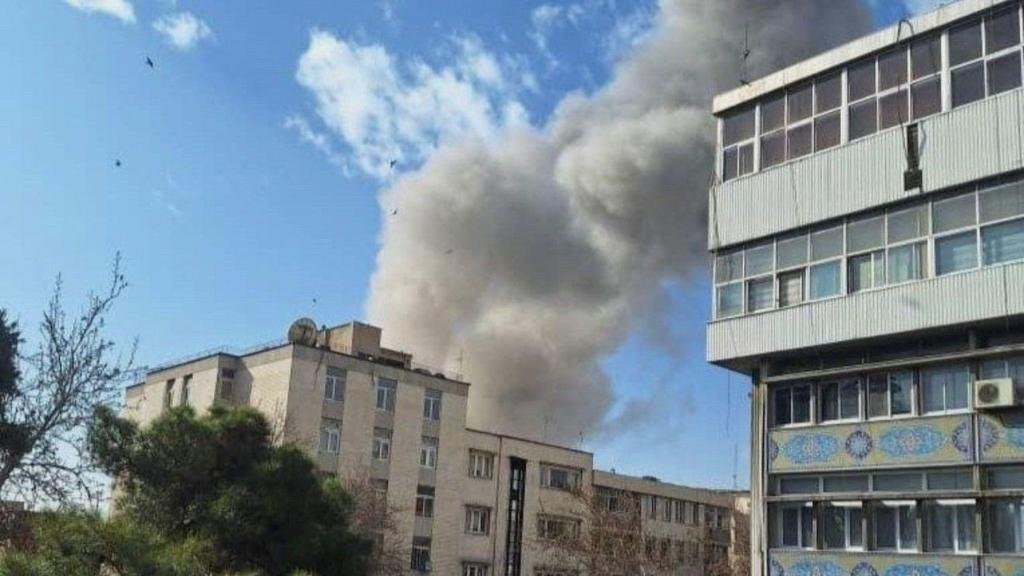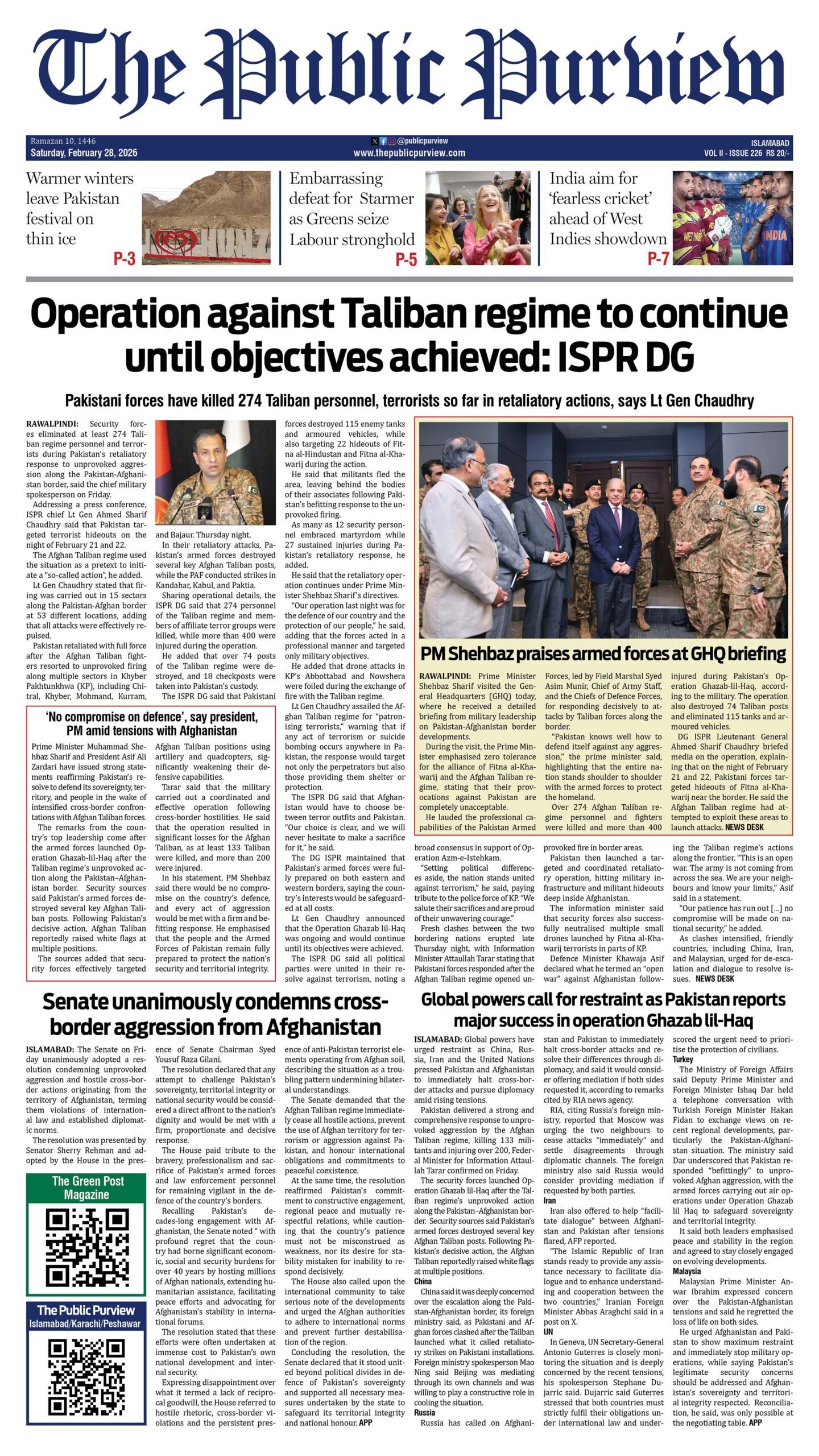
By Dr. Muhammad Tayyab Khan Singhanvi
Pakistan has entered an era of digital transformation — one filled with convenience but also fraught with escalating risks. While modern technology has simplified business, education, and banking, it has simultaneously opened the floodgates to cybercrimes and financial frauds.
According to the joint Global State of Scams Report 2025 by the Global Anti-Scam Alliance (GASA) and Feedzai, Pakistan loses approximately US$9.3 billion annually to digital scams and financial frauds. This staggering loss accounts for nearly 2.5% of the country’s Gross Domestic Product (GDP) — a significant portion of the national economy being siphoned away by digital looters.
A Loss Greater Than the IMF Bailout
These figures emerge at a time when the country is already reeling from inflation, debt crises, and economic stagnation. Shockingly, this annual loss surpasses even the US$7 billion IMF bailout program Pakistan recently obtained. In essence, the nation loses more to cybercrimes and scams than it borrows through international aid — largely due to weak cybersecurity, public ignorance, and lack of caution.
The report reveals that the average loss per affected person in Pakistan is US$139. Though this amount may seem modest individually, when multiplied across hundreds of thousands of victims, the collective loss runs into billions. Globally, the total scam-related loss is estimated at US$442 billion, with Pakistan standing out as one of the most severely affected countries.
Common Types of Scams Targeting Pakistanis
Among the most common scams are fake online shopping websites, bogus investment schemes, “prize or unexpected money” messages, and phishing attacks through bank cards, mobile wallets, and social media platforms.
Many users unknowingly hand over personal details such as PINs, OTPs, and passwords to fraudulent entities — turning themselves into easy prey for digital criminals. The consequences extend beyond individuals, impacting the national economy as well.
An Erosion of Economic Trust
When 2.5% of a country’s GDP evaporates due to fraud, it represents more than just financial loss — it erodes the very foundation of economic trust. Public confidence in the banking system declines, investment slows down, and businesses hesitate to engage in digital transactions.
Experts rightly point out that financial fraud is not merely “the loss of people’s money,” but “an attack on the backbone of the economy.”
State Bank’s Response and Security Measures
Recognizing the gravity of the issue, the State Bank of Pakistan (SBP) has initiated several key measures. According to the report, SBP’s new security policies have reduced unauthorized access by up to 90%.
Yet, experts argue that this is only the first step. Without public vigilance, even the strongest systems remain insufficient. Institutions must enforce Two-Factor Authentication (2FA), strengthen biometric verification systems, promote public awareness campaigns, and create efficient fraud reporting mechanisms.
Public Awareness: The First Line of Defense
The report underscores that public awareness is the strongest defense against digital scams. Citizens must learn never to share their banking credentials, avoid suspicious websites, ignore tempting social media ads or “prize messages,” and verify any unusual calls or texts directly with their banks or authorities.
The government and educational institutions should also integrate Digital Literacy into curricula to prepare future generations to recognize and counter cyber threats effectively.
The Need for Legal and Cybersecurity Reforms
Preventing digital fraud requires not only awareness but also a robust legal and cybersecurity framework. Laws must be enacted and enforced to ensure swift punishment for digital criminals, while international cooperation should be strengthened to track cross-border cybercrime networks.
A Threat Intelligence Sharing System among banks, telecom operators, and financial institutions can enable early detection and a collective defense against new threats.
Underreporting: The Hidden Side of the Crisis
The report points out that a large number of Pakistani victims never report fraud, concealing the true scale of the crisis. Breaking this silence is crucial. Simplifying the reporting process and offering institutional and legal support to victims will not only generate reliable data but also improve the prosecution of offenders.
Turning Crisis into Opportunity
However, this crisis also presents an opportunity — a chance to build a safer, more transparent, and technologically resilient economy. If the government, institutions, and citizens unite to confront this challenge, the annual US$9 billion loss can be significantly reduced.
A secure digital economy requires alert users, responsible institutions, proactive governance, and strong policymaking.
A Matter of National Security and Economic Survival
If left unchecked, this US$9 billion loss will not remain a mere statistic; it will continue to corrode the foundations of Pakistan’s progress, public trust, and economic sovereignty.
The fight against digital fraud is not merely a technical challenge — it is a matter of national security, public confidence, and economic survival. The choice before Pakistan is clear: continue to be targets of digital looters or rise to build a secure, informed, and digitally empowered nation.
Read more expert opinions here: https://thepublicpurview.com/category/blog/opinion-news/
For climate-related stories, visit: The Green Post







 Today's E-Paper
Today's E-Paper